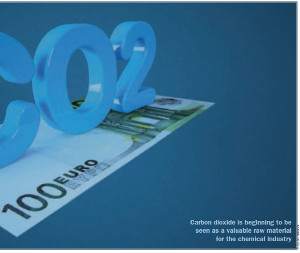Industry holds an indispensable relationship with the Sustainable Development Goals (SDGs) formulated by the United Nations, illuminating the fact that sustainable industrial development plays a vital role in achieving these global objectives. Industry, particularly manufacturing, serves as a critical driver for economic growth, employment, and technological advancement. SDG 9, specifically, underlines the importance of industry, innovation, and infrastructure, underscoring the need for resilient infrastructure, inclusive and sustainable industrialization, and fostering innovation. However, the intricate interlinkages between industry and other SDGs must not be overlooked.
For instance, clean and sustainable industrial processes contribute significantly to SDG 13, aiming at climate action, by reducing greenhouse gas emissions, improving energy efficiency, and adopting clean and environmentally sound technologies. Similarly, SDG 12, responsible consumption and production, demands the industries to promote resource and energy efficiency, sustainable infrastructure, and provide access to basic services, green and decent jobs, and a better quality of life for all. It motivates industries to adopt sustainable practices and to integrate sustainability information into their reporting cycle.
The role of industries extends to SDG 8 (Decent work and Economic Growth) as industries stimulate economic activities that lead to job creation and thus, improve living standards. Also, in respect to SDG 5 (Gender Equality), industrial sectors have the potential to provide opportunities for women in the workforce and help bridge the gender wage gap.
Nevertheless, the transformation to a more sustainable industry is not without challenges. The demands of rapid technological changes, the need for significant capital investments in green technologies, and the transition to a circular economy are some of the hurdles industry faces. Further, this transformation requires a multilevel and multi-stakeholder approach, calling for cooperation among governments, private sectors, academia, and civil society to pave the path to achieving SDGs.
Sustainable manufacturing extends beyond the manufacturing process and the product, to include the supply chain, across multiple product life-cycles as well as end-of-life considerations. Companies can gain a competitive advantage by applying sustainability manufacturing for environmental friendlier products and operations. Industry 4.0 sets new requirements for becoming a sustainable manufacturer where data management, the Internet of Things and extended product service systems are tightly linked with traditional manufacturing processes.

